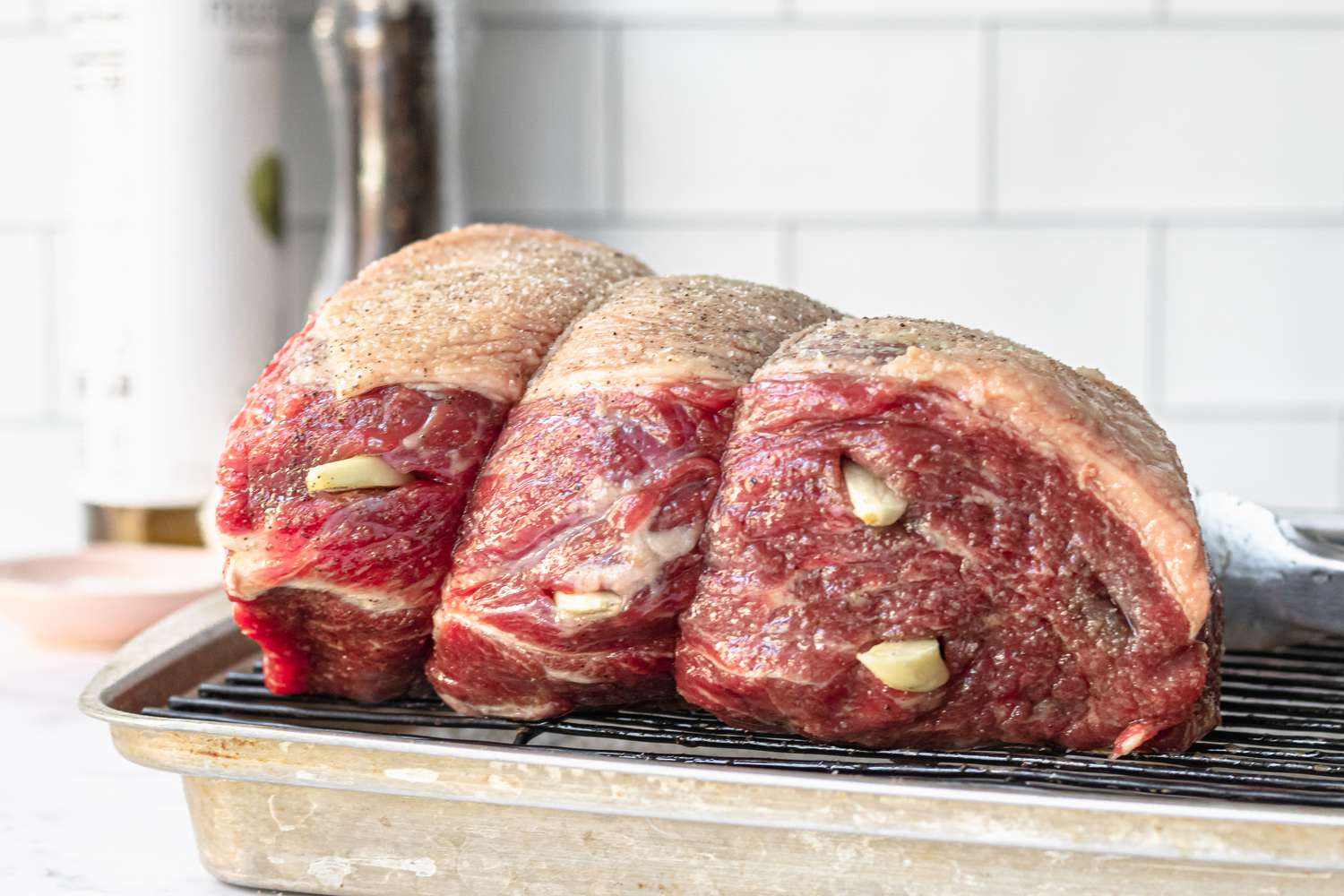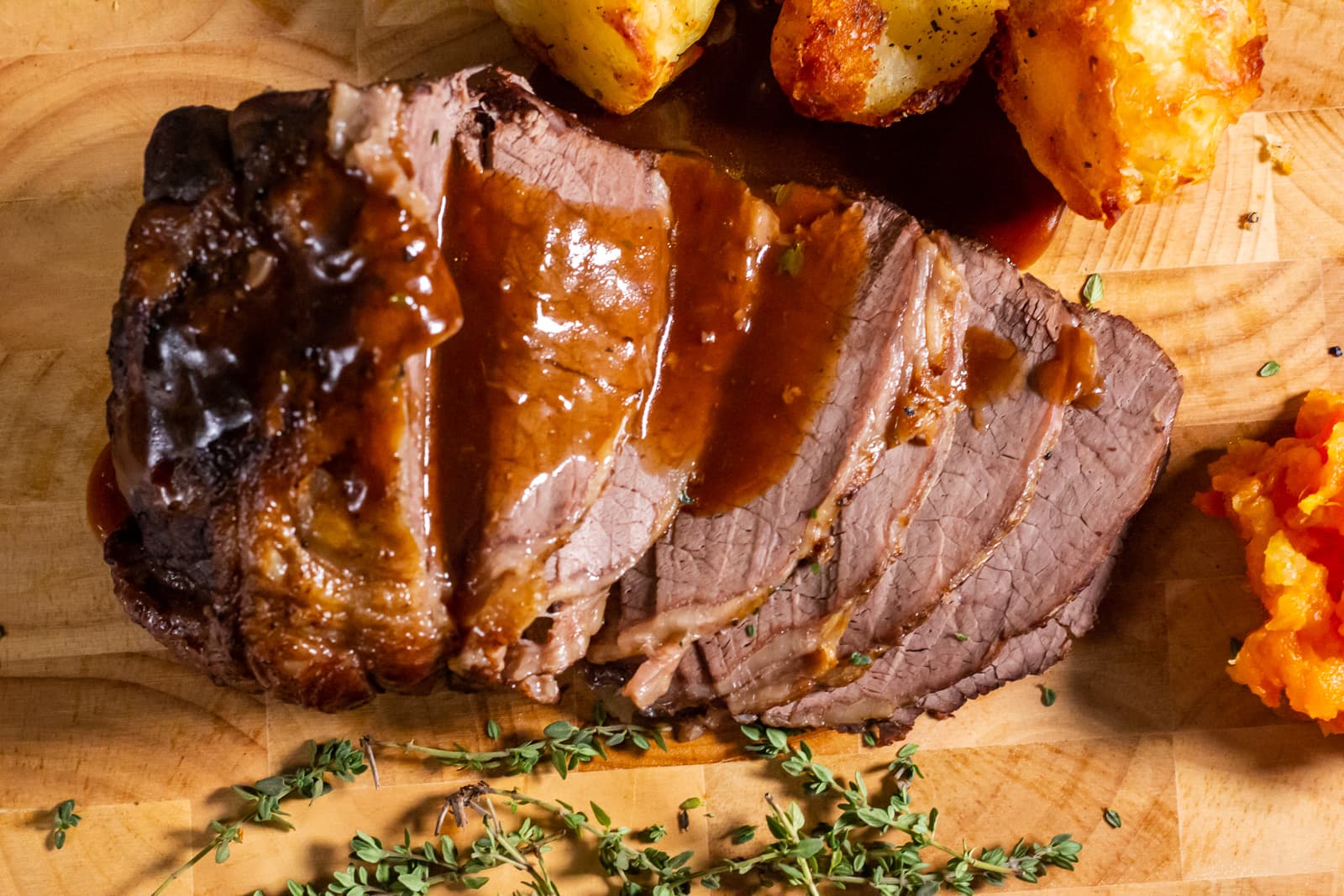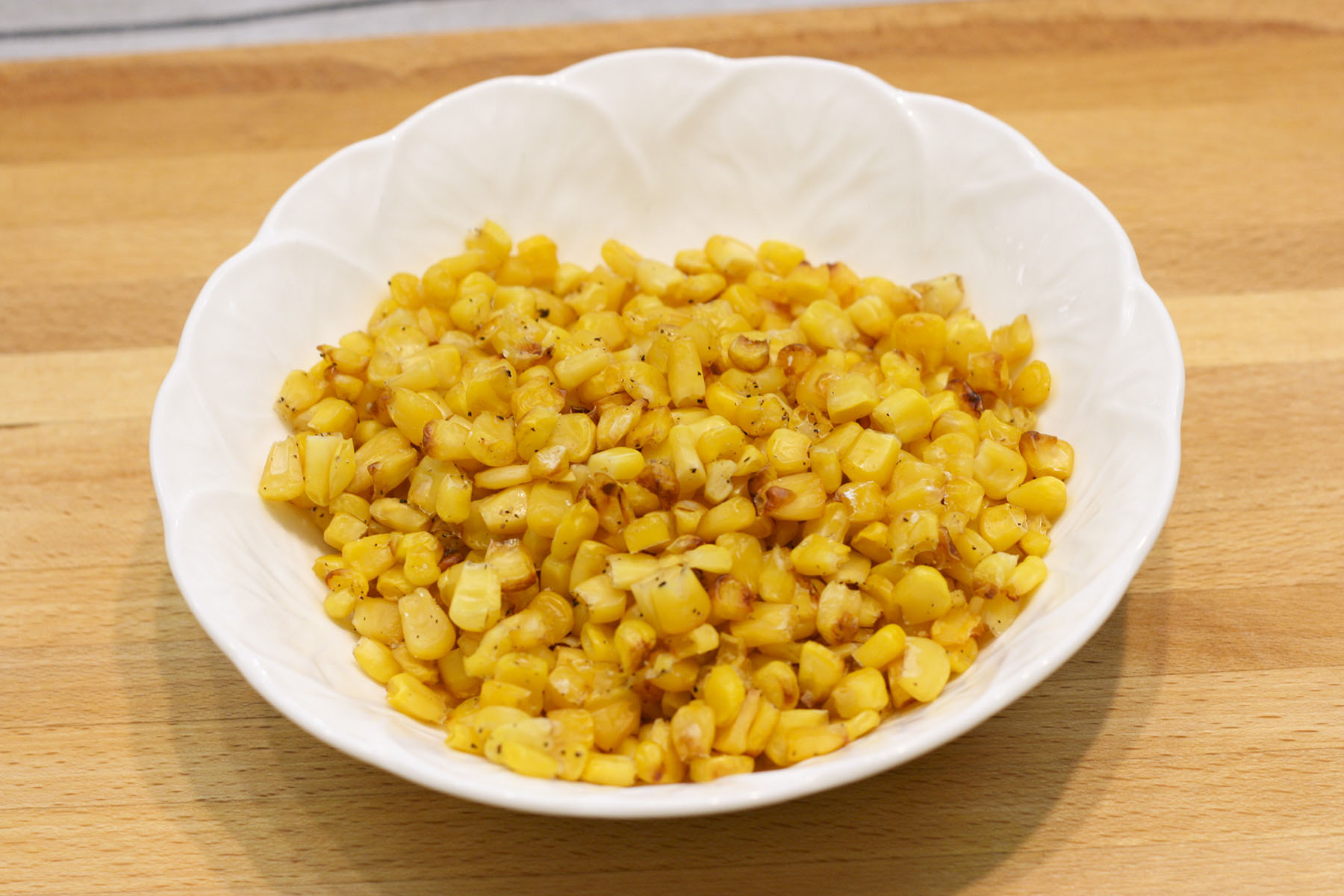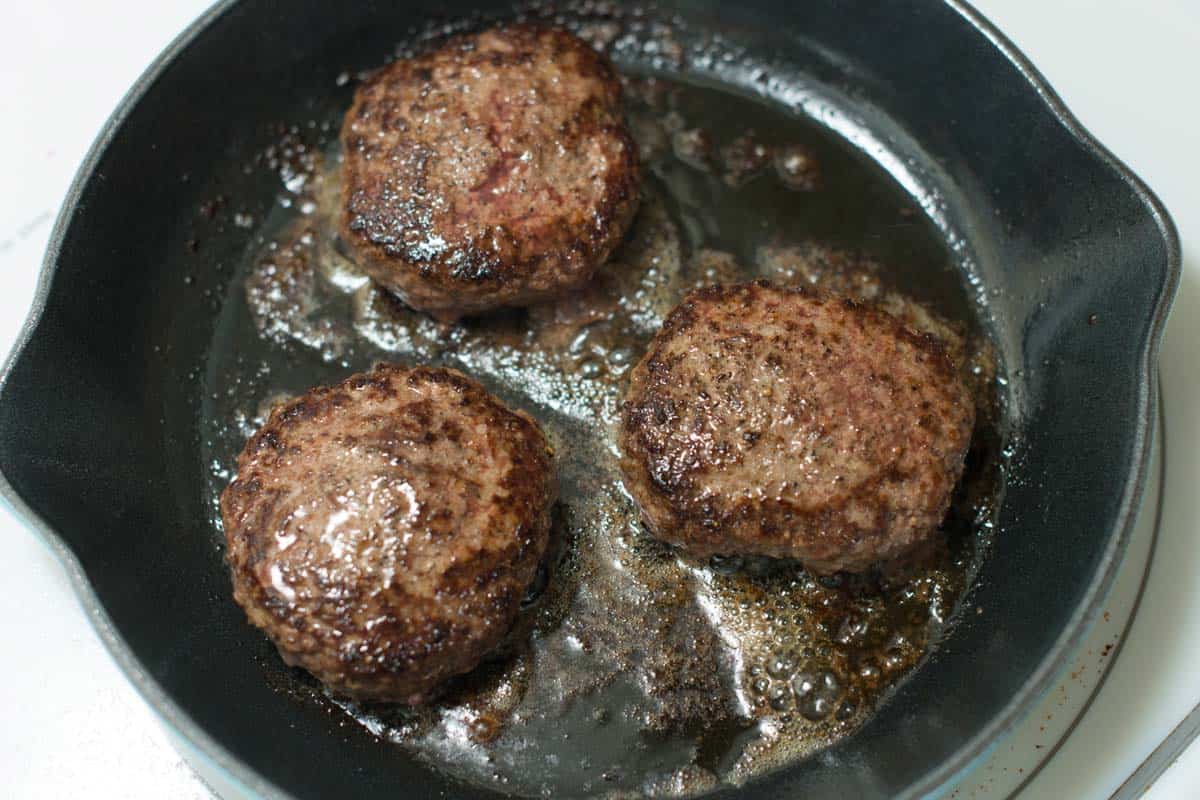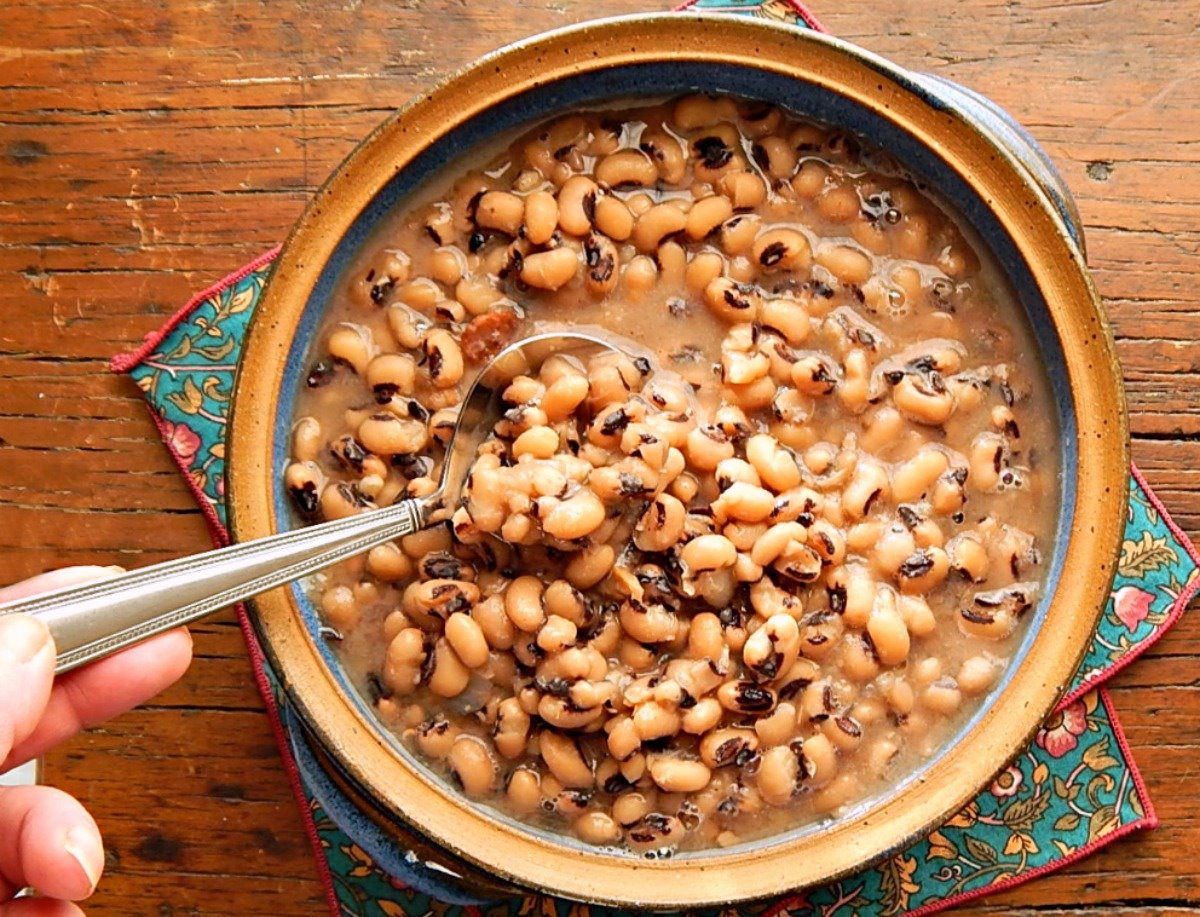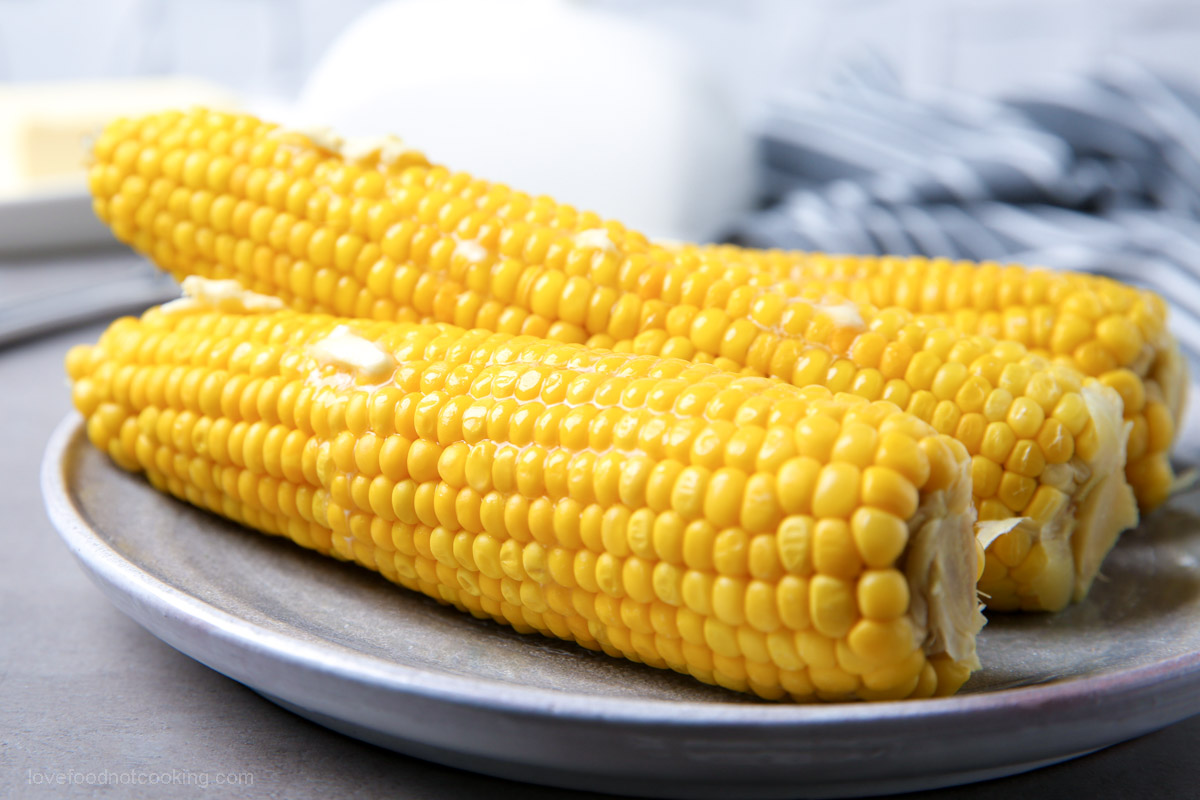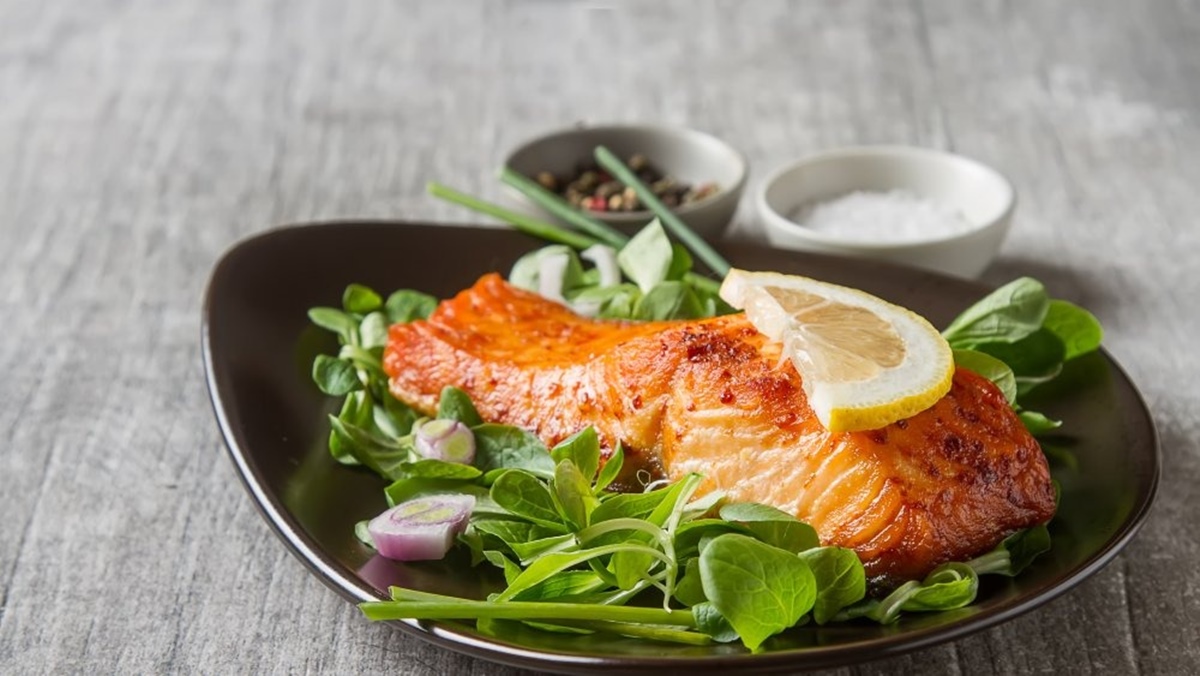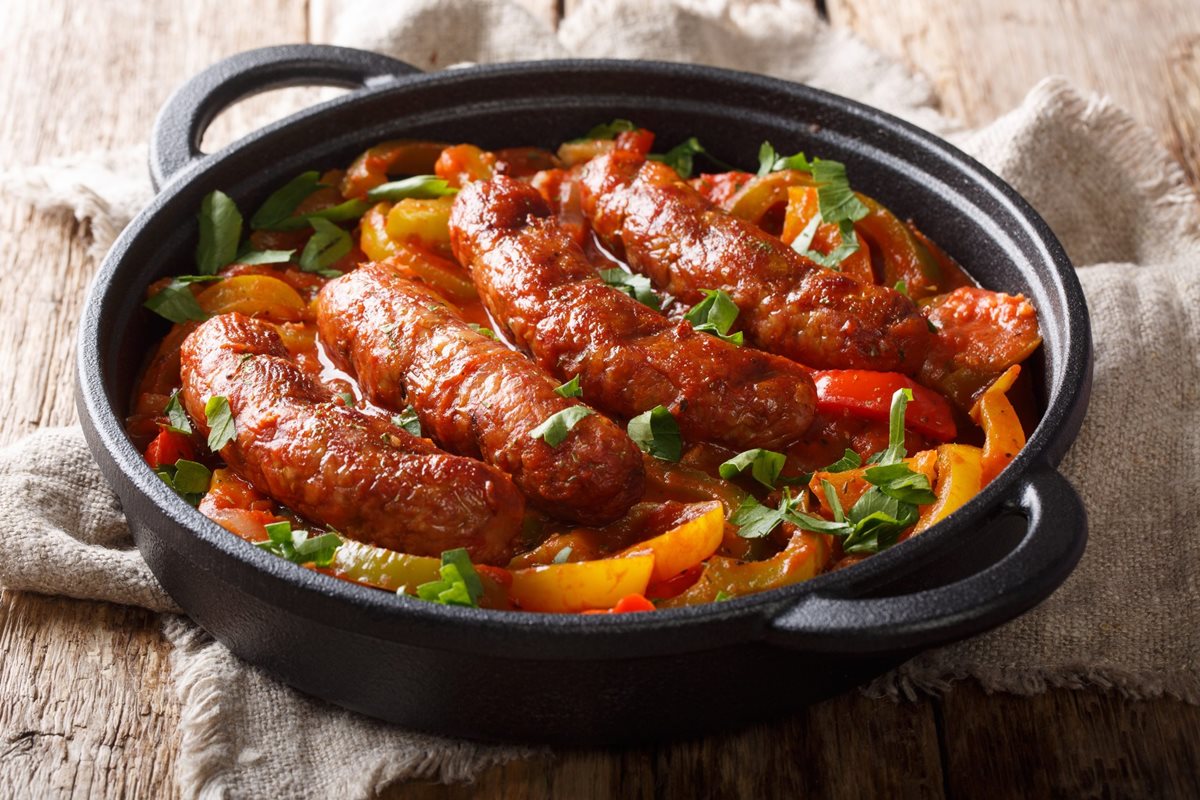The Versatility of Turkey Eggs: A Guide to Cooking and Enjoying Them
Turkey eggs may not be as widely known or popular as chicken eggs, but they offer a unique flavor and nutritional profile that is worth exploring. If you are fortunate enough to have access to turkey eggs, you might be wondering how to cook and enjoy them. In this guide, we will take you through the steps of cooking turkey eggs and share some delicious recipe ideas to elevate your culinary experience.
1. How to Cook and Boil Turkey Eggs
Cooking turkey eggs is similar to cooking chicken eggs, but due to their larger size, they may require slightly more time. Here’s a simple method to boil turkey eggs to perfection:
- Place turkey eggs in a single layer in a saucepan.
- Add enough water to cover the eggs entirely.
- Bring the water to a gentle boil over medium heat.
- Once boiling, reduce the heat and let the eggs simmer for 12-15 minutes for a hard-boiled consistency or 6-8 minutes for a soft-boiled consistency.
- Afterward, remove the eggs from the heat and transfer them to an ice water bath to cool down.
- Once cooled, gently tap the eggs on a hard surface to crack the shell, then peel and enjoy.
2. Scrambled or Fried Turkey Eggs
If you prefer scrambled or fried eggs, turkey eggs can be a delightful option. These larger eggs will yield a heartier and more substantial breakfast. Here’s how you can prepare perfect scrambled or fried turkey eggs:
- Crack the turkey eggs into a bowl and whisk well until the yolks and whites are fully combined.
- Heat a non-stick skillet over medium heat and add a small amount of butter or cooking oil.
- Pour the egg mixture into the skillet and let it cook undisturbed for a few seconds until the edges start to set.
- Using a spatula, gently scramble the eggs or flip them for a fried egg.
- Cook for an additional 2-3 minutes or until the eggs are cooked to your desired consistency.
- Season with salt, pepper, or your favorite herbs and serve hot.
3. Innovative Recipes Using Turkey Eggs
Turkey eggs can add a unique touch to various culinary creations. Here are a few innovative recipe ideas to try:
- Turkey Egg Omelet: Whip up a flavorful omelet by adding sautéed vegetables, cheese, and herbs to whisked turkey eggs. Cook until the eggs are set and enjoy a protein-rich breakfast or brunch.
- Turkey Egg Salad: Hard-boil turkey eggs, chop them into small pieces, and mix them with mayonnaise, mustard, diced pickles, and seasonings. Spread the egg salad on bread or use as a filling in wraps for a tasty lunch option.
- Turkey Egg Quiche: Make a delicious quiche by combining beaten turkey eggs, milk or cream, cooked bacon or vegetables, cheese, and seasonings. Pour the mixture into a pie crust and bake until golden and set.
- Turkey Egg Fried Rice: Cook leftover rice with diced vegetables, soy sauce, and a dash of sesame oil. Create a well in the center of the skillet, crack the turkey eggs into it, and scramble until cooked. Mix everything together for a flavorsome one-pan meal.
With their robust flavor and versatility, turkey eggs can be a delightful addition to your culinary repertoire. Whether boiled, scrambled, or incorporated into various recipes, these eggs offer a twist on traditional dishes. Next time you have the opportunity, don’t hesitate to try cooking turkey eggs and explore the boundless possibilities they bring to your kitchen!
Explore More Turkey Egg Recipes and Uses
Now that you've mastered the basics of cooking turkey eggs, it's time to put those skills to the test with a variety of delightful recipes. From the savory Turkey Egg Benedict with Homemade Hollandaise Sauce Recipe to the sweet Turkey Egg Custard Tart Recipe, there's a dish to satisfy every palate. We recommend starting with the Hearty Turkey Egg Fried Rice Recipe for a simple yet satisfying meal, or the Turkey Egg Frittata with Spinach and Feta Recipe for a healthier option. Both recipes offer a fantastic way to incorporate the richness of turkey eggs into your meals, enhancing flavors and adding a gourmet twist to your cooking.
Was this page helpful?
Read Next: How To Cook Lamb Shoulder Chops In A Pan
